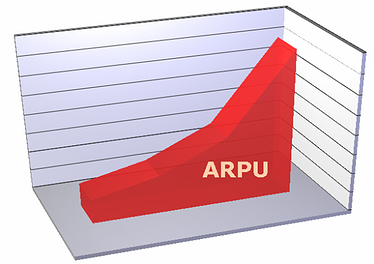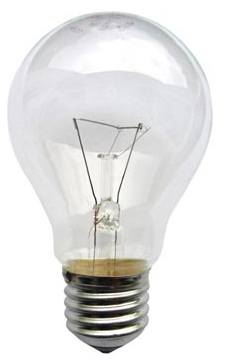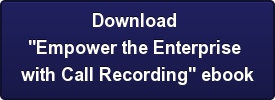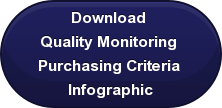Business VoIP providers need ways to stand out from the competition and also new approaches to increasing ARPU. This typically comes in the form of additional/complementary solutions, features and the like to augment one's core VoIP service, such as offering:
- VoIP phone systems
- Hosted call center solutions
- Expandable PBX trunks
- Online faxing
- Call routing
- Caller ID
- Auto-attendant
- Softphone
- Virtual PBX
- ...and so on
But are these things on their own really enough to take your company and revenue to the next level?
What about cross-selling your VoIP customers on call recording and quality monitoring cloud solutions?
Three of the top 5 business VoIP providers are already doing it. Perhaps it's time you consider adding these offerings to your portfolio as well.
To help you understand how you can sell these solutions to your customers, I've compiled a list of probing questions you can use to bridge the conversation from VoIP to quality assurance and call recording. Here you go:
1. How are you capturing customer calls today for quality assurance, compliance (HIPAA, PCI-DSS, etc.) and order verification/dispute resolution?
2. How much is your on-premise call recording system costing you today in maintenance alone? (Obviously only ask this if you know ahead of time they already have call recording in place.)
3. How do you ensure you are delivering quality customer service in your organization today?
4. What are you doing today to monitor your agents/staff to ensure they are following your compliance requirements?
5. When you have a customer dispute over whether they gave consent for a purchase, e.g., how are you proving to the customer what they actually said during their conversation?
6. What approach do you use to tap into the voice of your customer to know what is really important to them?
7. How do you demonstrate to your call-handlers how a proper customer call is handled?
8. What approach do you use to train your call handlers?
9. What do you use today to evaluate your agents/call handlers on quality assurance, compliance, etc.?
10. What is your strategy for improving the customer service capabilities of your organization to better satisfy customers and their needs?
With these (and other) types of questions, you have the ability to probe your customers a little bit to uncover some of their pain points around customer service, compliance and dispute resolutions. Many of your customers have these issues and by offering hosted call recording and quality monitoring software, you can help allay these needs and challenges.



















